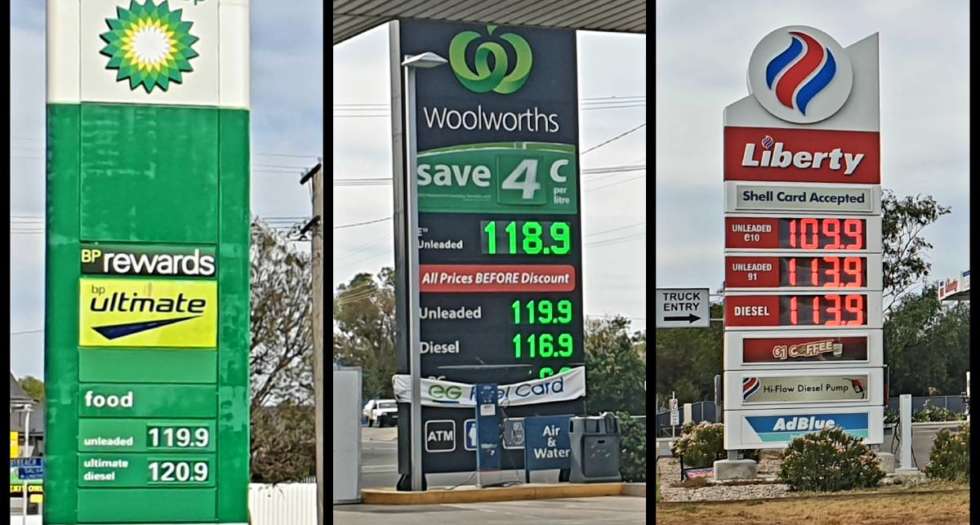Throughout 2020, drivers in Australia’s five largest capitals (Sydney, Melbourne, Brisbane, Perth and Adelaide) could have saved a combined $485 million by switching from the higher-priced petrol stations to lower-priced major retailers.
This comes off the back of new research by the Australian Competition and Consumer Commission (ACCC), which revealed independent petrol chains generally offered lower prices on fuel.
The report showed the average price difference between these retailers in 2020 was 11.4 cents per-litre, up from 8.4 cents the previous year.
On average, the ACCC said this amounted to a $445 annual difference in petrol bills for Sydneysiders. In the other capitals, drivers could have saved $330 in Adelaide, $317 in Melbourne, $216 in Perth, $200 in Canberra, $174 in Brisbane, $78 in Hobart and $55 in Darwin over the year by filling up at the cheaper bowsers.
Overall, the chains offering the cheapest petrol around all the capitals were Speedway, Metro Petroleum, United, Vibe and FuelXpress.
Meanwhile in most capital cities, BP, Caltex and Coles Express were the most expensive, although this did depend on if the chains were owned and operated under the brand licence.
ACCC Chair Rod Sims noted the significance of these price differences and reminded Australians about petrol regulation.
“Consumers should bear in mind that regular unleaded petrol sold in Australia typically comes from the same refineries or import terminals, and there are minimum quality standards that all retailers are required to adhere to,” Sims said.
“This means that motorists are getting petrol of a similar quality regardless of where they fill up.”
If you’d like to hear more on this petrol price conversation, tune in to the latest episode of The Finance Burrito podcast.
Other transport costs on the rise
Petrol isn’t the only transport bill hitting consumers’ wallets hard right now. A report from the Australian Automobile Association (AAA) has shown annual household transport costs have risen $1,870 between 2020 and 2021.
This comes down to a few things beyond petrol prices, but the main culprit is increased demand for used vehicles during COVID driving up car prices as public transport became less popular as people have been social distancing.
Mozo research also found the average cost of comprehensive car insurance rose by 2% over the year. While numerous factors influence car insurance costs – from the kind of car you drive to your age, gender and where you live – there are ways to reduce your premium.
Making sure you’re getting any car insurance discounts you might be eligible for is a great place to start, but your best bet is to compare policies and haggle or switch to one that suits you and your budget best.
Start with some of the comprehensive policies below or head to our car insurance comparison page for more options.


